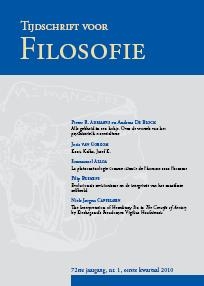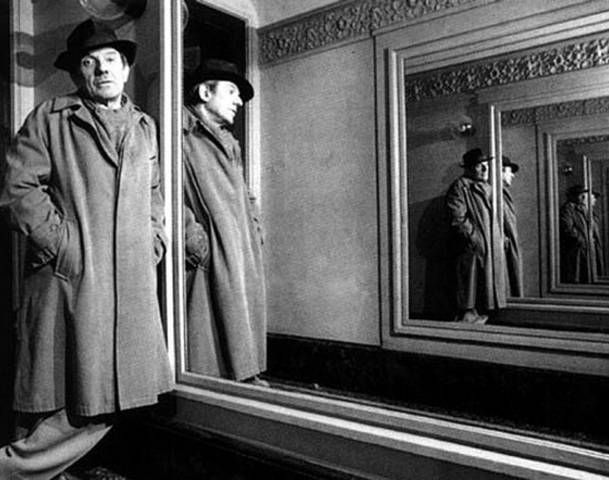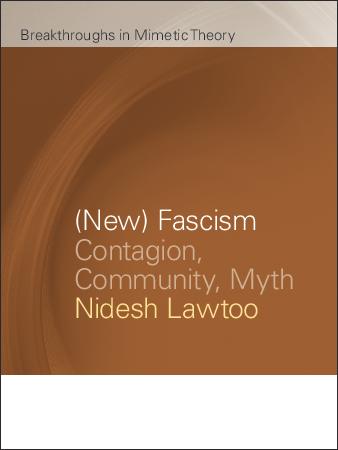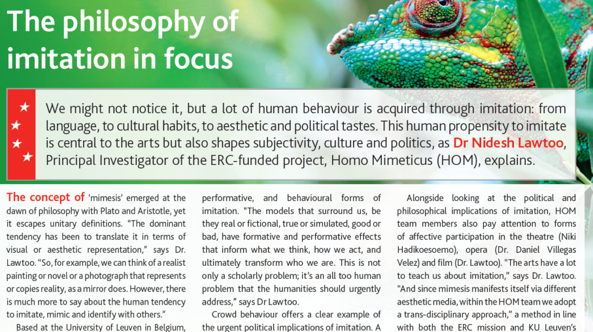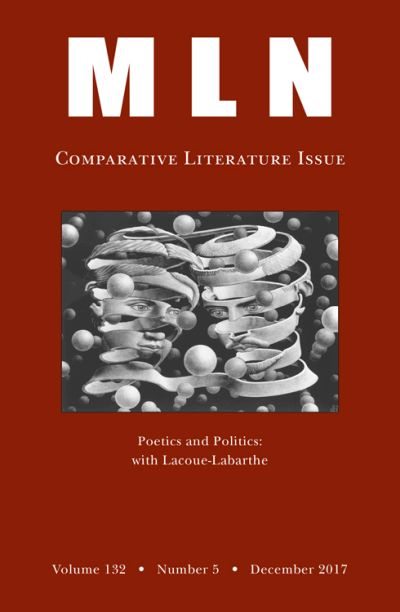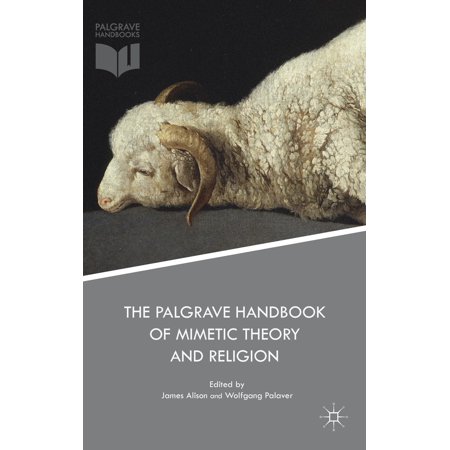In “Plato and the Simulacrum,” Deleuze distinguishes between two types of mimetic images: the icon, which is based on the model-copy relation, and the simulacrum, which is “a copy without a model.” In this article, Daniel Villegas Velez argues that behind this well-known distinction, however, lies a previously unexplored distinction between the simulacrum and the phantasm. Full article available here.
New Article on Deleuze and the Simulacrum
Reply

